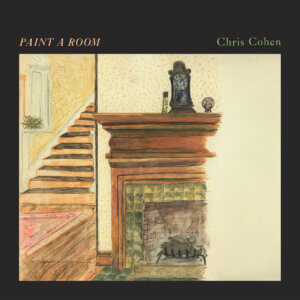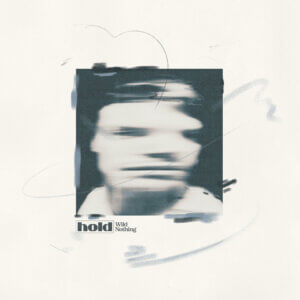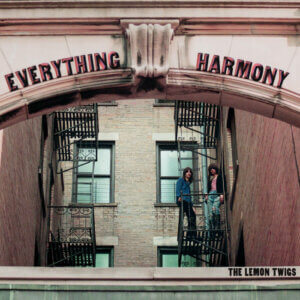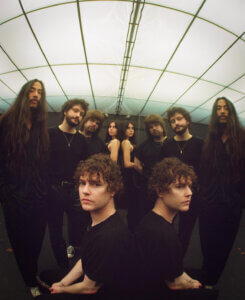
6.5
Chris Cohen
Chris Cohen
How does a man in his forties reconcile with the divorcing of his parents’ 50-plus year marriage? What if the cause of the separation stems from his father lying about his sexual identity, among other things? Multi-instrumentalist Chris Cohen’s third solo album, though self-titled, takes Cohen’s self-reflection back to the days of his childhood, gauging every fleeting moment he had with his father. Without the given context, ‘Chris Cohen’ is a collection of melancholy jangle pop songs about familial disassociation and longing, less eclectic in its instrumentation than Cohen’s previous solo albums, though keeping to the sonic formula his voice has grown into.
Chris Cohen’s voice has continued in his characteristic style—a soft, detached humming. Half of the album’s ten tracks’ lyrics were written by guests, and though their literary voices are much more vague and poetic than Cohen’s own imagery-laced musings, it all fits into his filtered vocals. Cohen does not have to sound lively, given the subject matter, but tracks tend to plod on in the same fashion despite the interesting things he does with the instrumentation. Lyrically, the album tells a much more interesting story—opening “Song They Play” is told from a codeine-infused child, left to live by his own confused guessings. “Edit Out” and “Green Eyes” (also written by Cohen) paint the masculine sense of communicating with just gazes in his family, and of being ‘loved from afar’. The middle of the album spins a traditional Scottish song, “House Carpenter”, about a sailor returned to shore to coerce an old love to leave her new
husband and child and run off to sea with him, only for both of them to perish in a storm. This image later returns in “Heavy Weather Sailing”, restating the indifferent way the sea destroys us. Closer “No Time to Say Goodbye” (lyrics by Zach Phillips) reflects on the unfamiliar nature of someone’s character revealed in the absence of a proper goodbye.
Sonically, ‘Chris Cohen’ leans towards ‘less is more’. Each track has a pretty unique instrumental palette, though they return to the same thematic and tonal shade, perhaps rubber-banded by Cohen’s vocals. The gentle, flanging guitar is accompanied throughout by harpsichords, pianos, and a magnetic saxophone, which solos away a la Vancouver’s Destroyer on “Edit Out”. “Twice in a Lifetime” has a nice syncopation between piano, guitar arpeggios, and a plucky bass, and “What Can I Do?” takes on a beachy, cavernous echo and jabbing bass that sounds of Japanese ‘city pop’ like Tatsuro Yamashita. Still, I was rarely impressed like I had been with Cohen’s last two solo albums—his third effort feels less like an effort and more like an exasperated sigh.
Chris Cohen’s self-titled third album distills his style into a detached, melancholy drone. It earns its moments of empathy through a conceptual structure around a void of fatherly love, resting on the back of a strong lyrical voice, though the sonic dryness persists. The best tracks for me were “Edit Out”, “Green Eyes”, and “What Can I Do?”.
review by Matthew Wardell
Chris Cohen’s new release Chris Cohen is now out via Captured Tracks
Latest Reviews
Tracks
Related Albums
Related News
Advertisement
Looking for something new to listen to?
Sign up to our all-new newsletter for top-notch reviews, news, videos and playlists.














